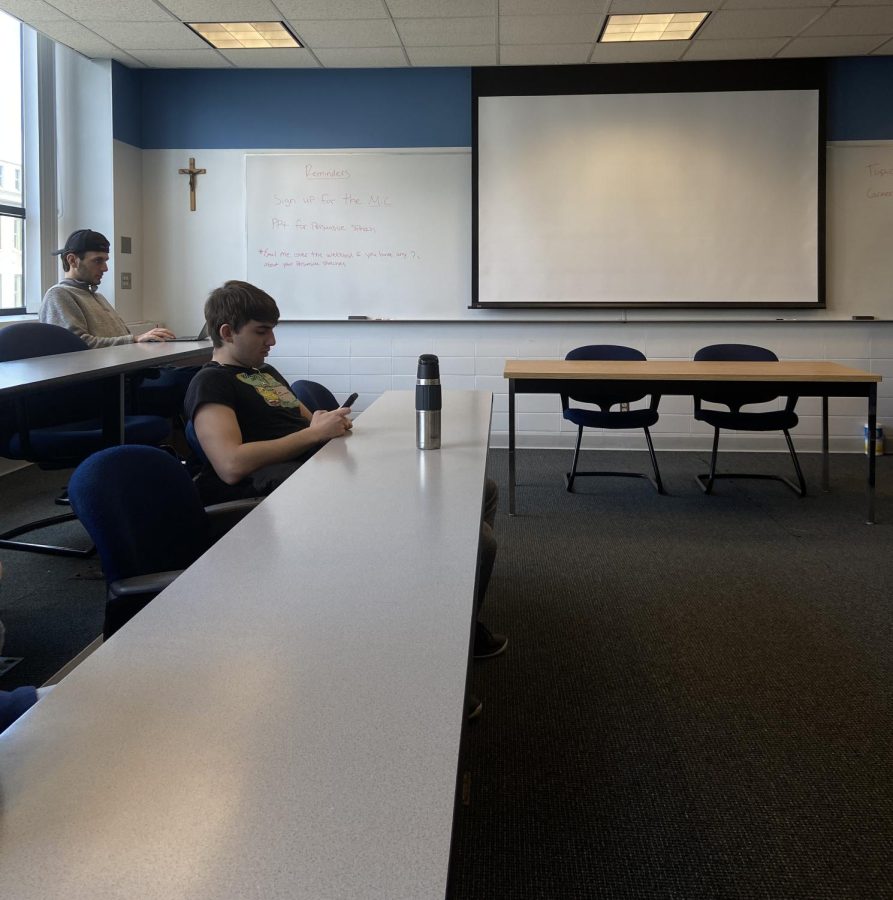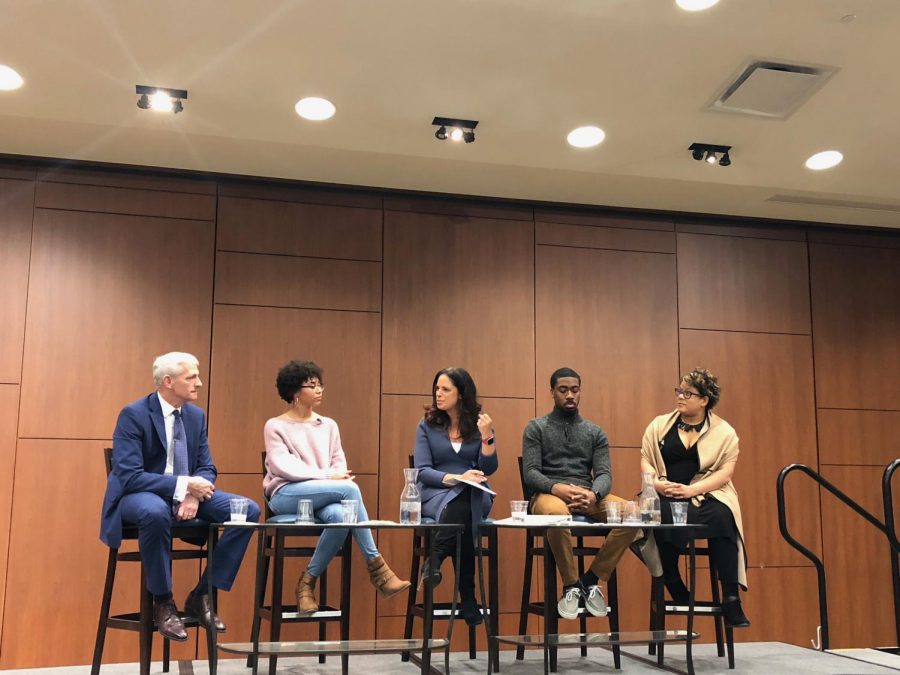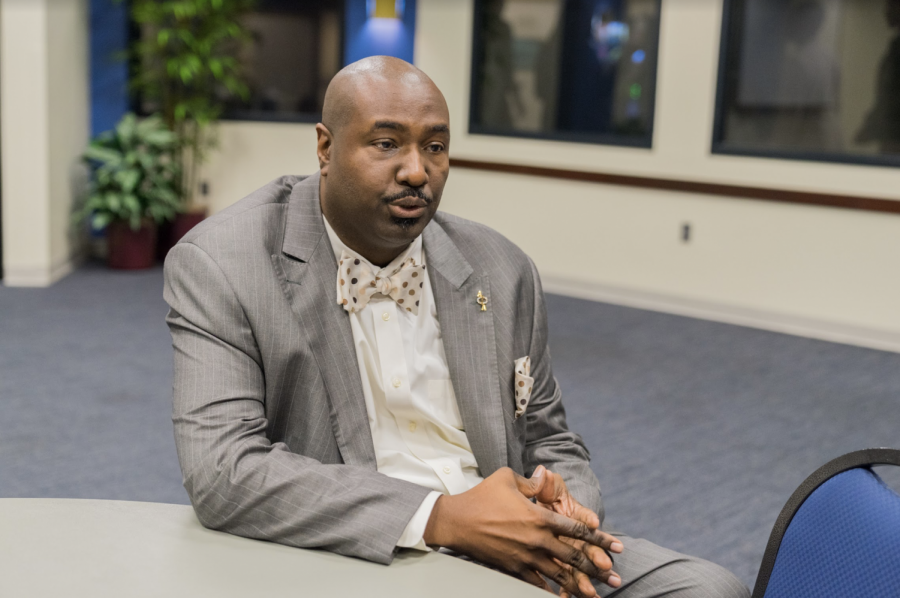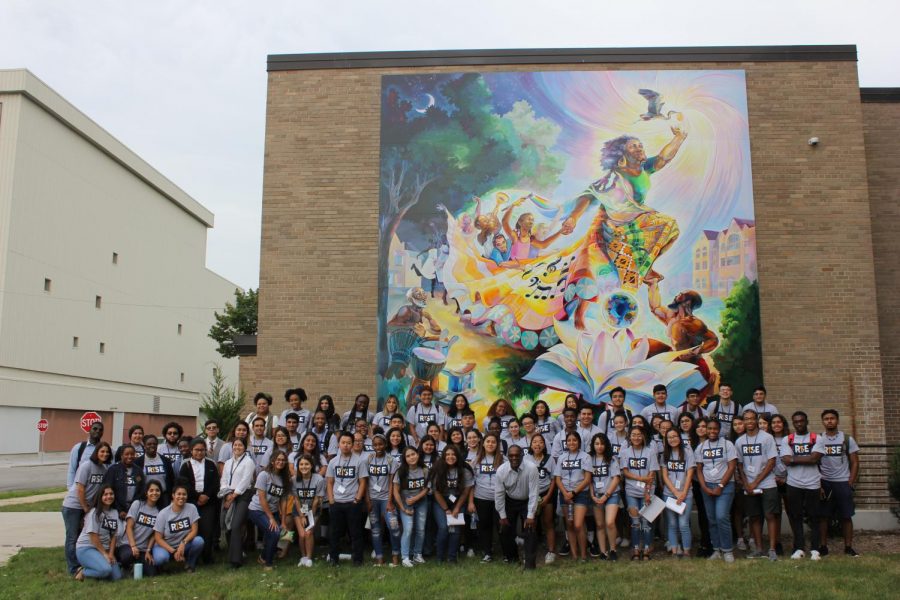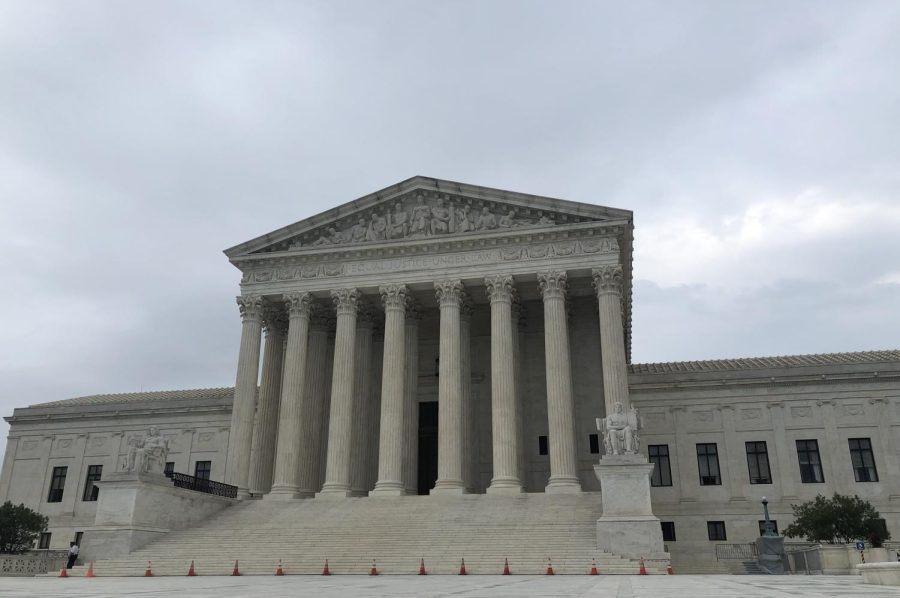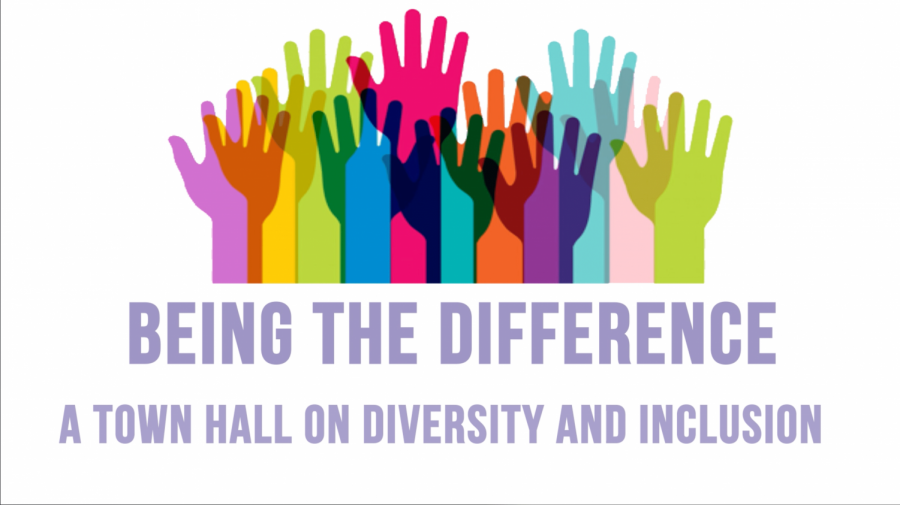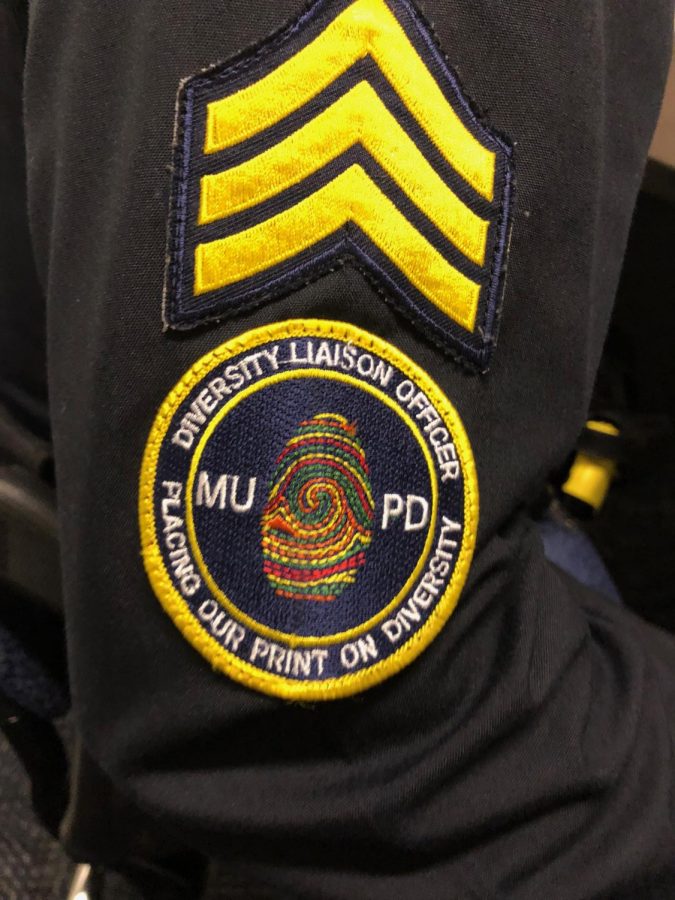Creating inclusive environments for students isn’t just something Marquette University should strive for; It’s something that all members of the Marquette community, including faculty and staff, need to make intentional efforts to do.
During the fall 2021 semester, Marquette launched diversity and inclusion training for new students and one for faculty and staff, following a demonstration led by Black students August 2020.
Before Orientation, first-year and new undergraduate students were required to take a one-hour online course called “Brave & Bold Dialogues: Diversity, Equity & Inclusion – College Edition.” The university statement said the training aimed to explore “ … real-life scenarios designed to increase awareness and understanding while building foundational knowledge of diversity, equity and inclusion.”
The university also launched a training program for faculty and staff called “Faculty and Staff: Personal Skills for a Diverse Campus.” The training is comprised of three modules with checks and quizzes that take a total of three hours to complete. In the fall, a pilot group of faculty and staff from the College of Nursing, College of Communication, University Advancement, Human Resources and University Relations completed the modules, and the remaining faculty and staff are completing it this spring.
While implementing these trainings may be a good first initiative to bring diversity and inclusion issues to people’s attention, these trainings are not enough.
Faculty and staff need to be more aware.
As educators and leaders in learning environments, they have a responsibility to be mindful of the way they treat students in their classrooms. Some faculty and staff fail to use inclusive language, acknowledge the significant of cultural months and brush off students’ mental health concerns.
Doing online training can be a passive engagement with diversity and inclusion issues. And unfortunately, people may not take the online training seriously. Marquette should consider implementing discussion-based training next year so students, faculty and staff can actively engage with these topics. The university could also bring in guest speakers to talk with small groups because the online training is not enough.
In order to foster a truly inclusive campus, we need to do more.
Listening to someone’s story can often create a larger impact than watching a video.
Following up the student training last fall, students attended a workshop led by guest speaker Rasheed Ali Cromwell, who is the founder and president of the Harbor Institute, a consulting firm that focuses on diversity education. The university should consider implementing something similar next year.
If training is the only option offered to faculty and staff right now, they need to take it seriously. Students shouldn’t feel uncomfortable by what faculty and staff say, or how they treat them.
The university should also consider implementing disciplinary action for faculty and staff who fail to complete the training. First-year students are required to complete Red Watch Band training and sophomores are required to complete Bringing in the Bystander training, and if they fail to complete them, holds are placed on their accounts.
Faculty and staff should be held to the same standards. They need to take diversity and inclusion seriously.
At the end of the day, in order for any kind of diversity and inclusion training to be meaningful, faculty and staff have to want to do better. Even if that means making mistakes in the process, it’s important to be open to listening, learning and being committed to improving.
Additionally, the university needs to make sure it is including students of color in conversations about comfortability and safety outside the classroom as well. In September 2020, Marquette announced that the Marquette University Police Department would have regular conversations with the Black Student Council to discuss student concerns.
It’s essential that Marquette continue to followthrough on its promises, and work to make campus a more inclusive and safe place.
Editorial topics by the Marquette Wire are decided at weekly meetings between members of the executive board. The editorial is crafted with leadership by the executive opinions editor. The executive board consists of the executive director of the Wire, managing editor of the Marquette Tribune, managing editor of the Marquette Journal, general manager of MUTV, general manager of MUR and ten additional top editors across the organization.

